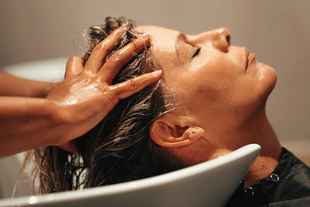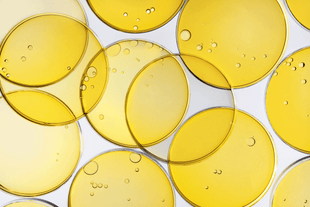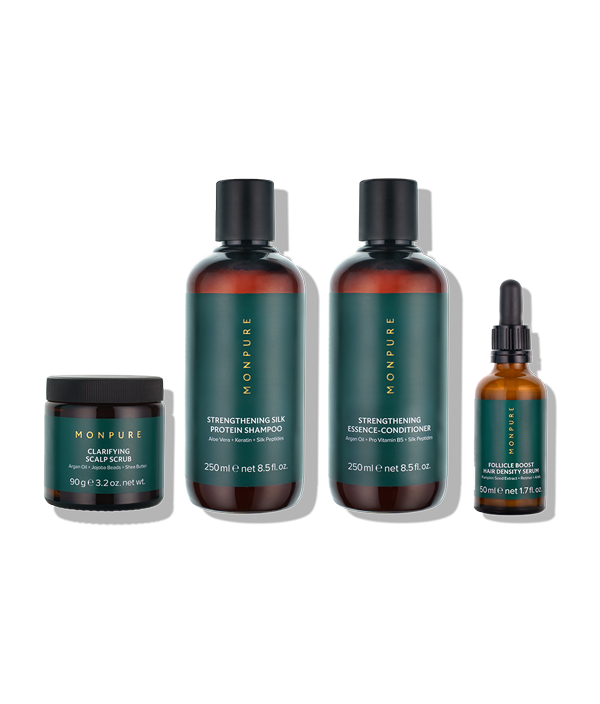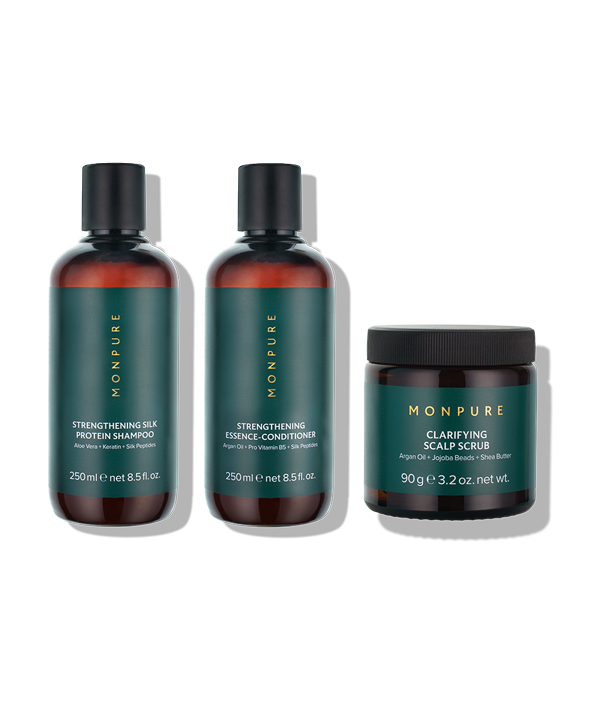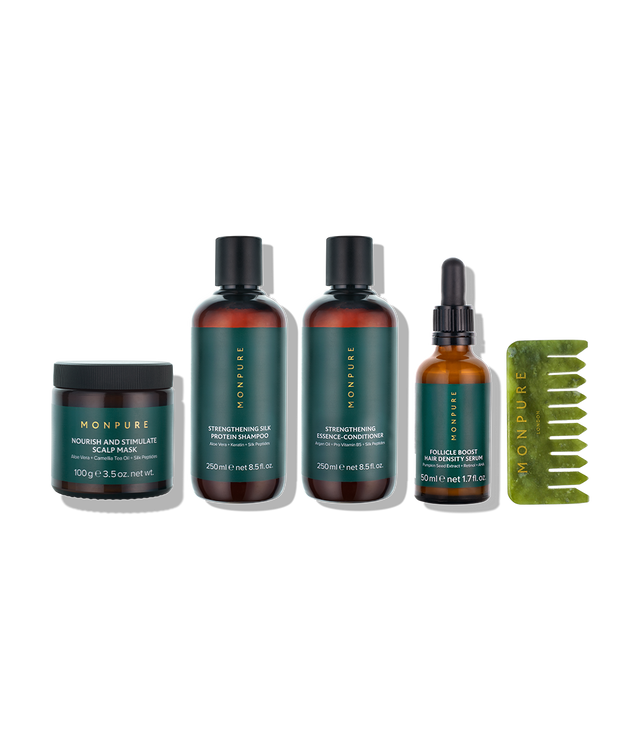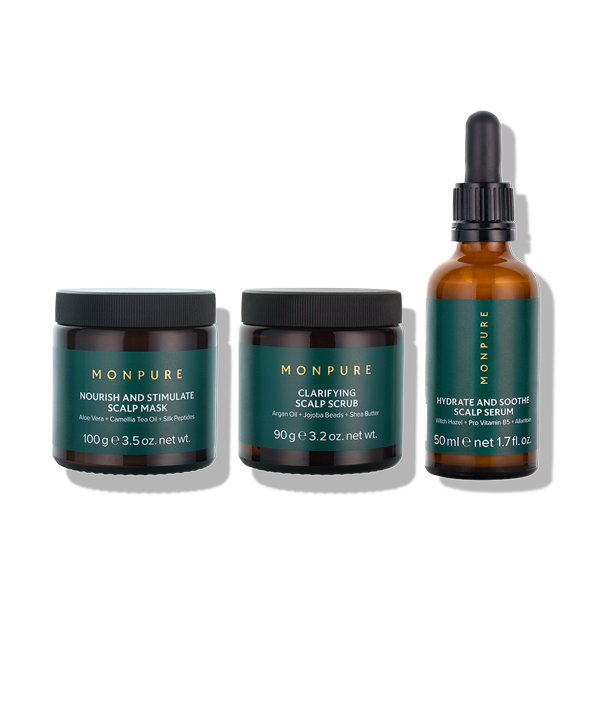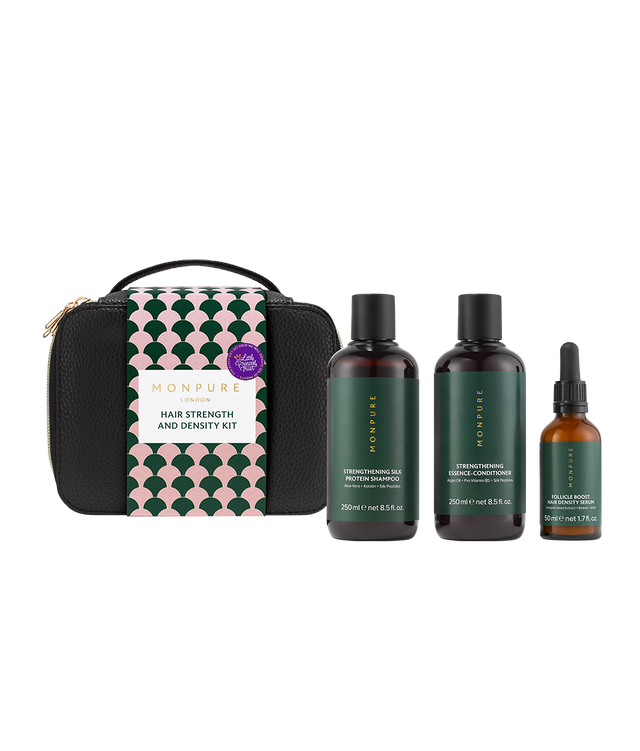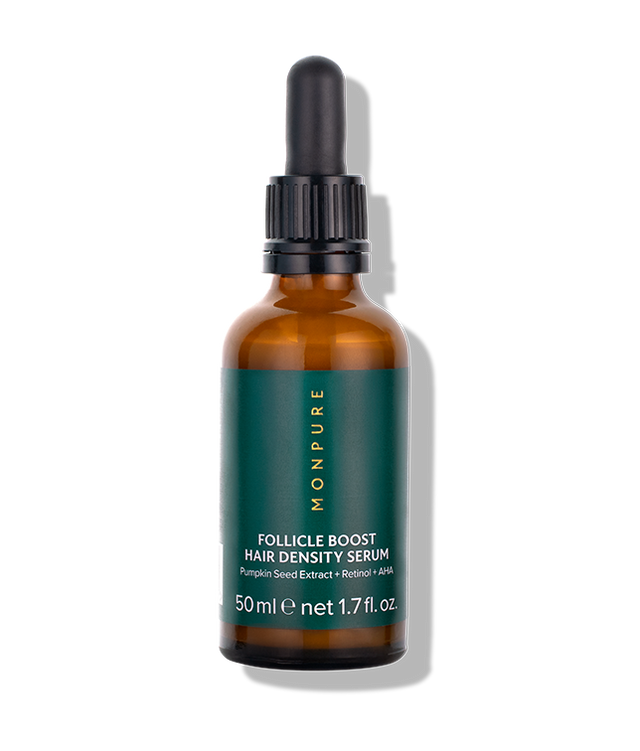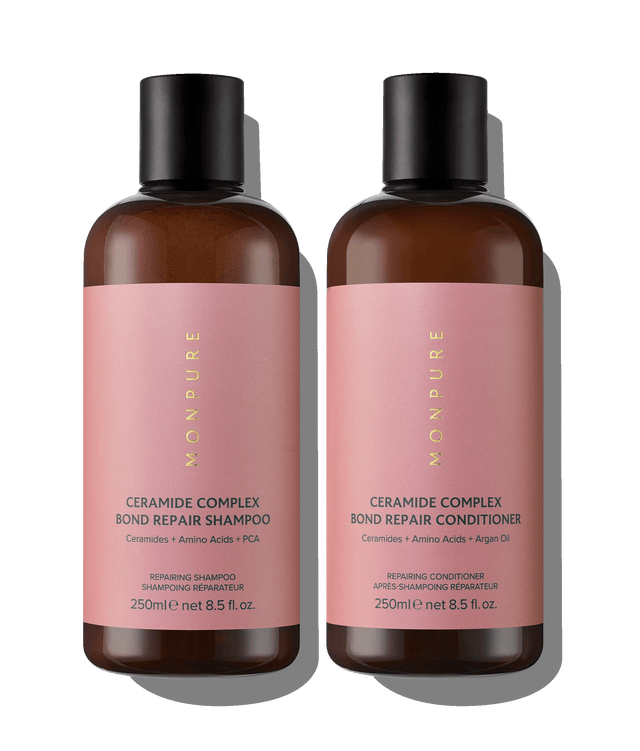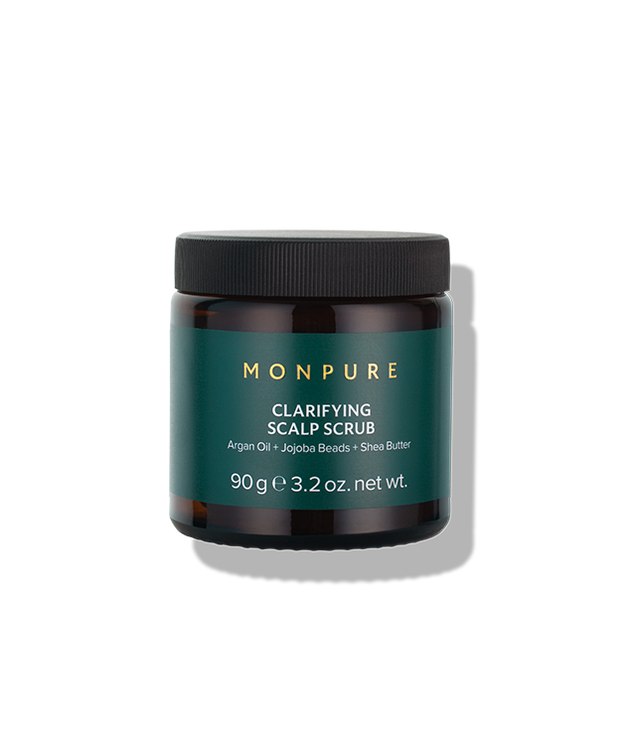What is Scalp Eczema?
Scalp eczema is an inflammatory skin condition that causes itchiness, redness, irritation, flaky skin and scales on the scalp. It can take different forms like seborrheic dermatitis and allergic contact dermatitis. Scalp eczema often flares up due to triggers then calms down with treatment.
According to MONPURE's Resident Dermatologist Dr Sue Ann Chan: “Eczema is a non-contagious dry skin condition, where the skin’s protective barrier is compromised, making it vulnerable to irritants and allergens. As a result the skin becomes inflamed. Eczema can affect any area of the body, including the scalp.”
If you’re dealing with eczema – particularly scalp eczema - rest assured that you’re not the only one; the most common form, atopic eczema, affects 1 in 5 children and 1 in 12 adults in the UK, while across the pond it affects an estimated 31.6 million people in the U.S. A new report for National Eczema Week shows the significant impact it has on our lives. The Eczema Unmasked Report was carried out by the Eczema Society to show the emotional toll conditions like scalp eczema can take on people's self-esteem.

What Causes Scalp Eczema?
There are a few contributing factors that cause scalp eczema:
- Seborrheic dermatitis - caused by malassezia yeast naturally found on scalp
- Allergic contact dermatitis - reaction to ingredients in hair products
- Atopic dermatitis - immune/genetic disorder
- Psoriasis - autoimmune condition causing skin cell overgrowth
Symptoms of Scalp Eczema
Common symptoms associated with scalp eczema include:
- Red, inflamed patches
- Flaky, scaly skin
- Itchiness and irritation
- Pain or soreness
- Hair loss in severe cases
- Oozing, crusty regions
- Sensitive scalp
Treating Eczema on the Scalp
To properly care for scalp eczema, be gentle. Vigorous shampooing can worsen irritation. Key tips include:
Use gentle, residue-free solutions with ingredients like:
- Aloe vera - hydrating + soothing
- Witch hazel - reduces inflammation
- Salicylic acid - reduces yeast/fungus
- Allantoin - anti-inflammatory
Apply hydrating scalp treatments between washes
Avoid potential triggers - fragrances, sulfates, alcohols
Try wet wraps - wet gauze to hydrate scalp skin

MONPURE's Hydrate and Soothe Scalp Serum contains natural, anti-inflammatory extracts of witch hazel, allantoin and salicylic acid to hydrate, nourish and soothe irritated scalp skin prone to eczema. The gentle formula calms inflammation and itching associated with seborrheic dermatitis, psoriasis and contact dermatitis of the scalp.
With diligent scalp care using soothing ingredients and avoiding flares, scalp eczema can be managed for hair and scalp health.
Frequently Asked Questions
Can eczema stop hair growth?
Yes, moderate to severe cases of scalp eczema can damage hair follicles and restrict hair growth. The inflammation, scabbing and scratching can scar follicles, impeding the hair growth cycle. Controlling scalp eczema through gentle care and treatment helps minimize hair loss or thinning hair.
Can hair dye cause eczema?
Hair dye chemicals like paraphenylenediamine (PPD) can trigger an allergic reaction in some people that leads to contact dermatitis, an eczema-like rash on the scalp or neck. Patch testing hair dye first is advised. Non-PPD hair dye or henna may be better options for those with skin sensitivities.
Can I dye my hair if I have eczema on my scalp?
It's best to avoid dying hair during an active eczema flare up as the chemicals can further irritate the inflamed skin. Wait for your scalp to heal before considering hair dye. Do a patch test first. Seek organic, plant-based dyes over those with PPDs and harsh chemicals if you are prone to contact dermatitis reactions.
What is the main cause of eczema on the scalp?
The most common causes of scalp eczema include seborrheic dermatitis triggered by yeast overgrowth, allergic contact dermatitis from reaction to ingredients in hair products, atopic dermatitis due to immune system issues, and psoriasis stemming from a skin cell over production.
How often should you wash your hair with scalp eczema?
Aim to wash your hair 1-2 times per week when dealing with scalp eczema. Any more than that can dry out the scalp further. Use a gentle shampoo MONPURE’s Strengthening Silk Protein Shampoo to prevent dryness and irritation between washes.






